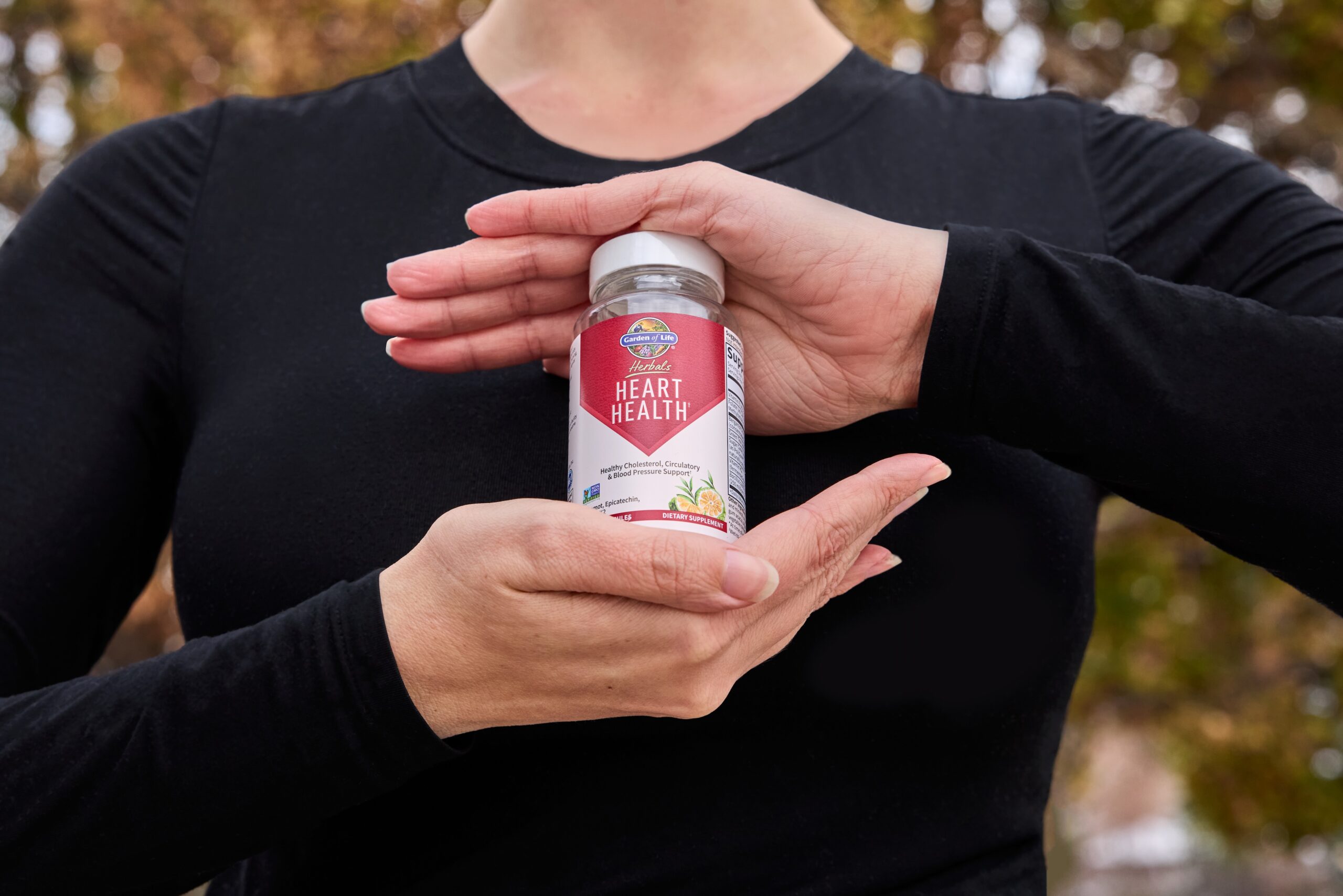CULTURE
COVID Boosters: Who Needs What When

Vaccination remains one of the most effective ways to protect against severe illness, and COVID-19 boosters play a crucial role in maintaining long-term immunity. Over time, the protection from initial vaccine doses fades, making booster shots essential for reinforcing immunity. Studies show that COVID boosters significantly reduce the risk of hospitalization and severe complications, particularly for older adults and those with weakened immune systems.
Staying on track with your COVID vaccine schedule ensures your body is prepared to fight new variants and maintain strong protection. Book your COVID booster today to stay current and protect your health.
Why COVID Boosters Matter?
The COVID-19 virus continues to evolve, with new variants emerging that may weaken the protection from earlier vaccines. Boosters help strengthen immunity, reducing the risk of infection and preventing severe symptoms if you catch the virus.
Key reasons to get a COVID booster:
- Restores protection: Immunity from the initial vaccine series decreases over time, and a booster restores it.
- Fights new variants: Updated boosters are designed to protect against circulating strains, including Omicron subvariants.
- Reduces severe illness risk: Boosters are especially critical for high-risk individuals, helping to prevent hospitalization.
- Supports community immunity: Widespread booster uptake helps slow the spread of COVID-19, reducing outbreaks.
By following booster dose guidelines, individuals can continue protecting themselves and their communities from serious illness.
Eligibility by Age Group
COVID booster recommendations vary based on age, health status, and time since the last vaccine dose. Understanding when to get a booster helps ensure protection at every life stage.
Teens (Ages 12-17)
- Eligible for a booster at least two months after the last dose of their primary series.
- Most receive an updated mRNA booster targeting recent variants.
- Important for teens in school or sports settings where exposure is higher.
Adults (Ages 18-64)
- Recommended to get a booster at least two months after their last dose (or longer if specified by health officials).
- Some may receive an additional booster if they have underlying health conditions.
- Keeps protection strong for those working in public spaces or traveling frequently.
Seniors (Ages 65+)
- Strongly advised to get a booster, as older adults are at the highest risk for severe illness.
- Should receive an updated booster as soon as eligible, ideally every four to six months for ongoing protection.
- Helps prevent hospitalization and complications linked to aging immune systems.
High-Risk Groups: Extra Protection for Vulnerable Populations
Certain individuals are at a higher risk of severe illness and may need extra booster doses.
- Immunocompromised individuals (e.g., those with organ transplants, cancer patients, or people with autoimmune diseases) may require additional doses for full protection.
- Pregnant women are encouraged to get a booster, as COVID-19 increases the risk of pregnancy complications.
- People with chronic conditions, such as diabetes, heart disease, or lung disease, benefit from boosters to prevent severe outcomes.
Those in high-risk categories should consult a healthcare provider to determine the best booster schedule for their needs.
Timing Your Booster: When to Get Your Next Dose
Knowing when to get a COVID booster depends on your last dose and risk factors.
- At least two months after the last vaccine dose: General recommendation for most adults and teens.
- Four to six months for seniors and high-risk individuals: Ensures continued immunity without gaps.
- Additional doses may be needed for immunocompromised people: Based on doctor recommendations.
Keeping up with your COVID vaccine schedule ensures maximum protection, reducing the chances of reinfection or complications.
Safety and Side Effects: What to Expect
COVID boosters have been extensively studied and are proven to be safe. Like any vaccine, mild side effects may occur, but they typically go away within a few days.
Common side effects include:
- Soreness at the injection site
- Fatigue or mild fever
- Headache or muscle aches
Severe reactions are infrequent. If you experience prolonged or unusual symptoms, consult a healthcare provider. The benefits of getting boosted far outweigh the risks, as boosters provide critical protection against severe illness.
How to Schedule Your Booster?
Scheduling your COVID booster is quick and easy with online tools that help find available appointments near you.
To stay on track:
- Check your eligibility based on the time since your last dose.
- Use a scheduling tool to book an appointment at a convenient location.
- Keep a vaccination record to stay updated on future booster recommendations.
Conclusion
COVID-19 may not make headlines as often, but it remains a serious health concern, especially for those with weaker immune systems. Staying updated with your COVID booster schedule is the best way to ensure long-term protection.
Make your health a priority by booking your COVID booster on time. Keeping up with boosters helps prevent severe illness, protects loved ones, and contributes to community immunity. Stay informed, stay protected, and take action today!














